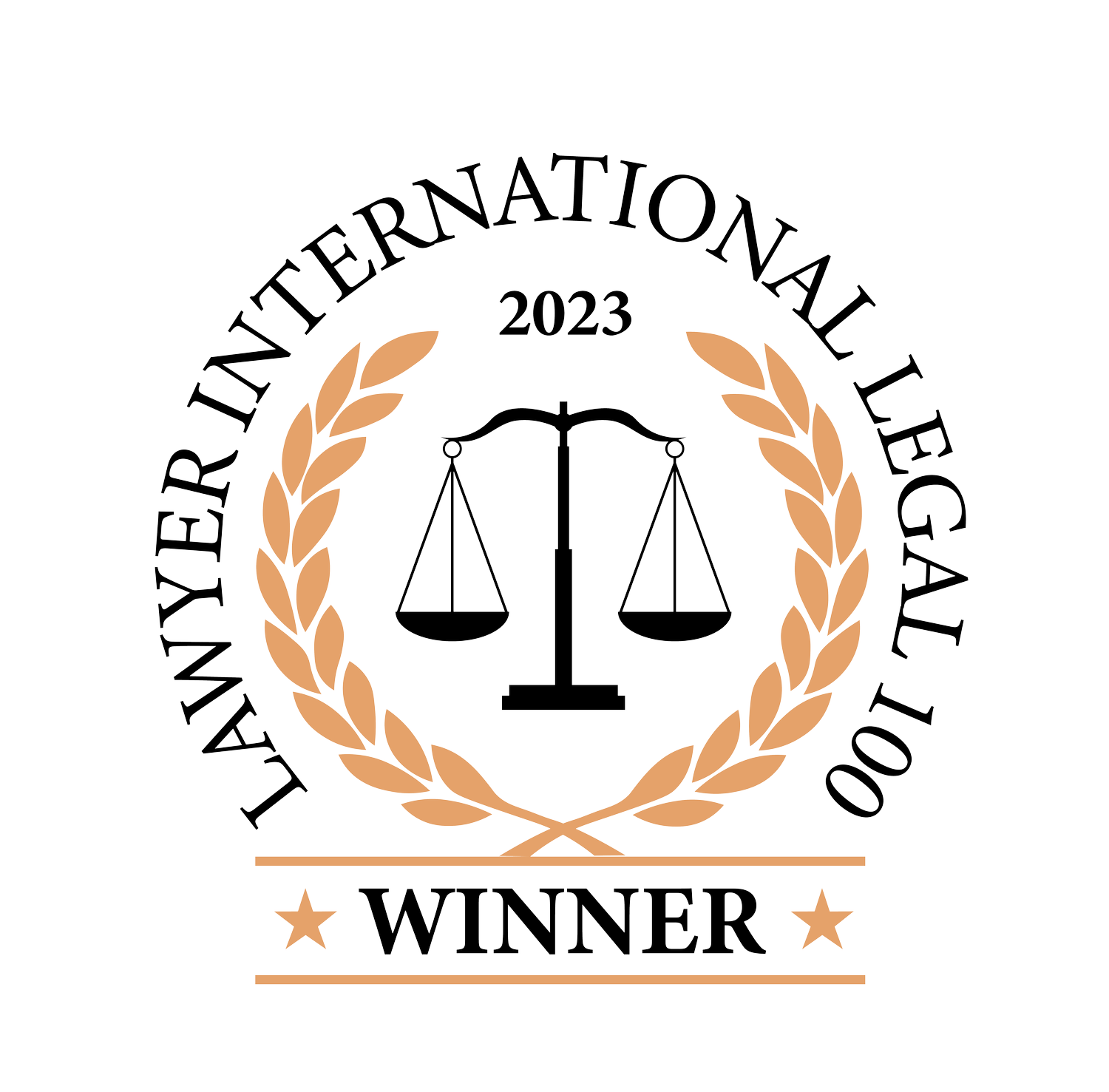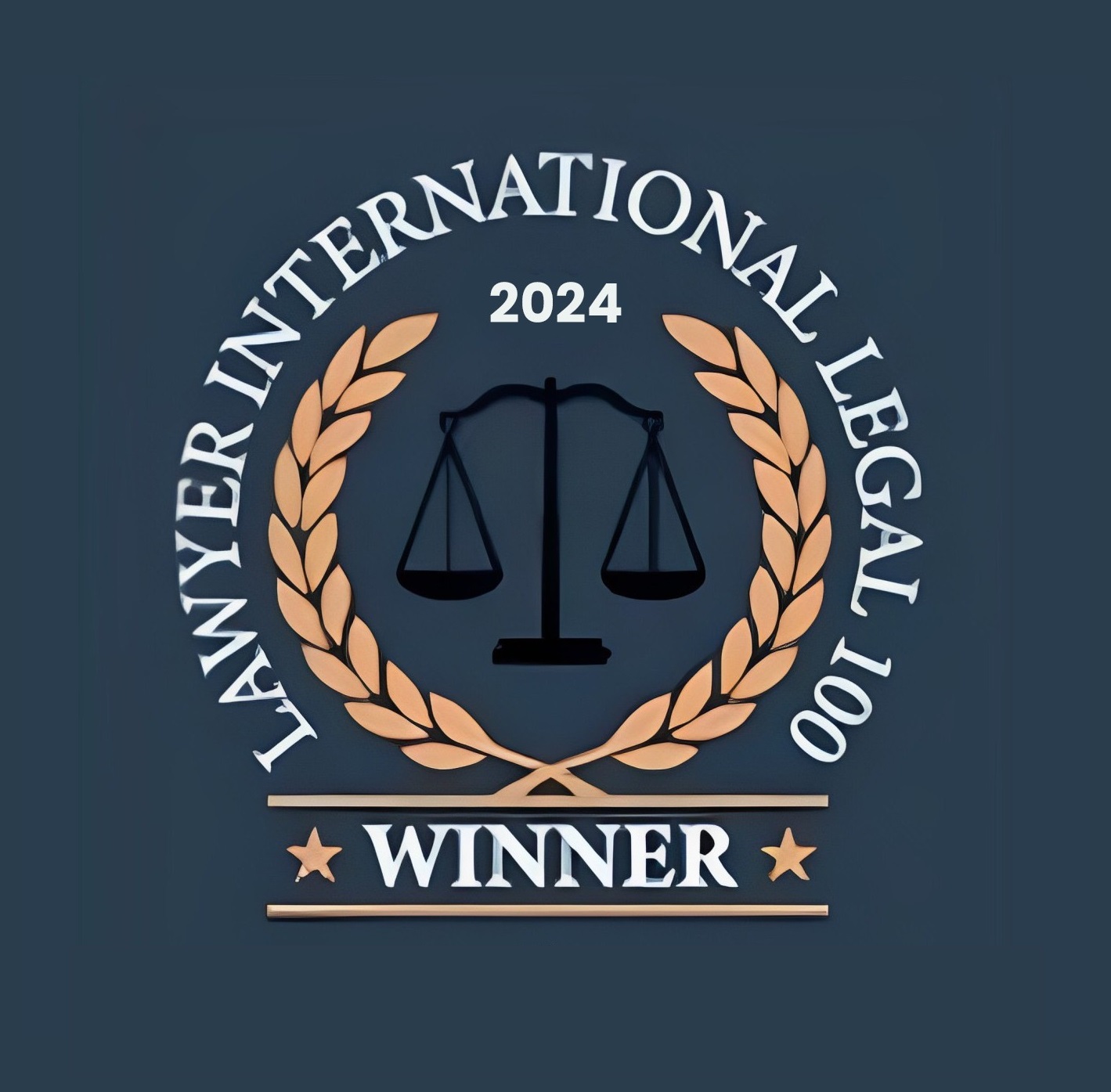A without prejudice meeting allows the employer and employee to have an “off the record” meeting, which cannot be relied upon in employment tribunal proceedings at a later date.
Also known as without prejudice discussion, the meeting can be initiated by either the employee or employer at any stage where there appears to be a dispute. This opens the way for a frank discussion between both parties about the employment relationship, and how it has broken down and will often conclude with an exit package agreement.
If you are facing any difficulties at work, your employer has discussed a without prejudice meeting or the possibility of a Settlement Agreement with you, do not hesitate to get in touch.
100% Success Rate in Contentious Cases for both Employees & Employers
Contact our employment lawyers at 0207 9657203
or contact us online for a callback.
What Does Without Prejudice Mean?
The without-prejudice rule is a legal principle which serves to prevent statements from being put before the court as evidence against the person who made them where there is a genuine attempt to settle an existing dispute.
This can, for instance, arise when an employer is about to discipline the employee, or conversely, if the employee has filed a grievance and wishes to explore a possible negotiated settlement.
This allows parties to speak freely, without the fear that what they have said may be used against them in court should the discussions fail. These meetings often result in a pre-termination agreement and exit package through a formal settlement agreement.
The exit package will usually include a payment in lieu of your notice period plus a payment to the employee, which is usually tax-free up to the first £30,000. As well as a financial arrangement, the Settlement Agreement will also include other entitlements such as those regarding restrictive covenants and employee work references.
The rules involved in making a Settlement Agreement include the requirement for the document to be in writing and signed by both parties. It is also necessary for the employee to seek independent professional advice before signing the Agreement.
Work References
A work reference from your employer will usually be discussed in the without prejudice meeting, which will then be entered as a term of the Settlement Agreement document.
This is a term restricting the types of employment you can work in for a set period of time; examples include restrictions working for an industry competitor. The terms of the restrictive covenant may need to be reviewed at a without-prejudice meeting.
How much time do I have to consider a settlement proposal?
It is important with any settlement proposal that employers give employees reasonable time to consider their offer. ACAS’ recommendation is ten days.
The offer cannot be reduced over time in the hope that the employer makes a decision faster, nor can the employer say that the employee will be dismissed in any case if the offer is refused.
How Am I Protected in a Without Prejudice Meeting?
In without-prejudice meetings, you have prejudice privilege (otherwise known as "prejudice communications"), which protects both parties during a dispute and encourages negotiation and settlement discussions without fear of anything said being used against them during legal proceedings.
To be protected by without prejudice privilege, the communication must meet the following requirements:
- Be made in a genuine attempt to settle the dispute;
- Be made in the course of negotiations between the parties;
- Be made on a "without prejudice" basis (i.e. with the understanding that it cannot be used as evidence in court);
- Be made in relation to a dispute that is already in existence or is contemplated.
It's important to note that the "without prejudice" privilege is not always guaranteed and can be waived in certain circumstances. Examples of this include:
- Both parties agree to waive the privilege
- One party can prove improper behaviour
- One party can prove evidence of a breach of contract, discrimination or unfair dismissal
- One party can prove evidence of perjury or other serious and unambiguous impropriety
What is a Protected Conversation?
Similar to a without-prejudice conversation, “protected conversations” are another type of off-the-record conversation between employer and employee. For a protected conversation to take place, an employment dispute does not need to be in place, and will instead focus on conduct or capability.
This means the employer can initiate a protected conversation to speak to you about an issue with your standard of work. Unless the conversation involves allegations of discrimination or whistleblowing, the protected conversation will remain off the record.
Cavendish Employment Law Solicitors London
Cavendish Employment Law is a London-based law firm with a high profile and a long track record of success in negotiating high-value settlements before ever it goes to an employment tribunal.
We advise and represent employees across the employment spectrum, including board directors, senior executives, fund managers, leading bankers, hedge fund managers, middle managers and ancillary staff.
Our team of employment law specialists are ready to offer expert advice and have a wealth of experience that enables them to secure the best settlement for you. We provide executives and employees with legal advice and representation on a 'no-win, no-fee’ basis.
If you are facing any difficulties at work, or your employer has discussed a without prejudice meeting or the possibility of a Settlement Agreement with you, do not hesitate to get in touch with us.
Contact our employment lawyers at 0207 9657203















